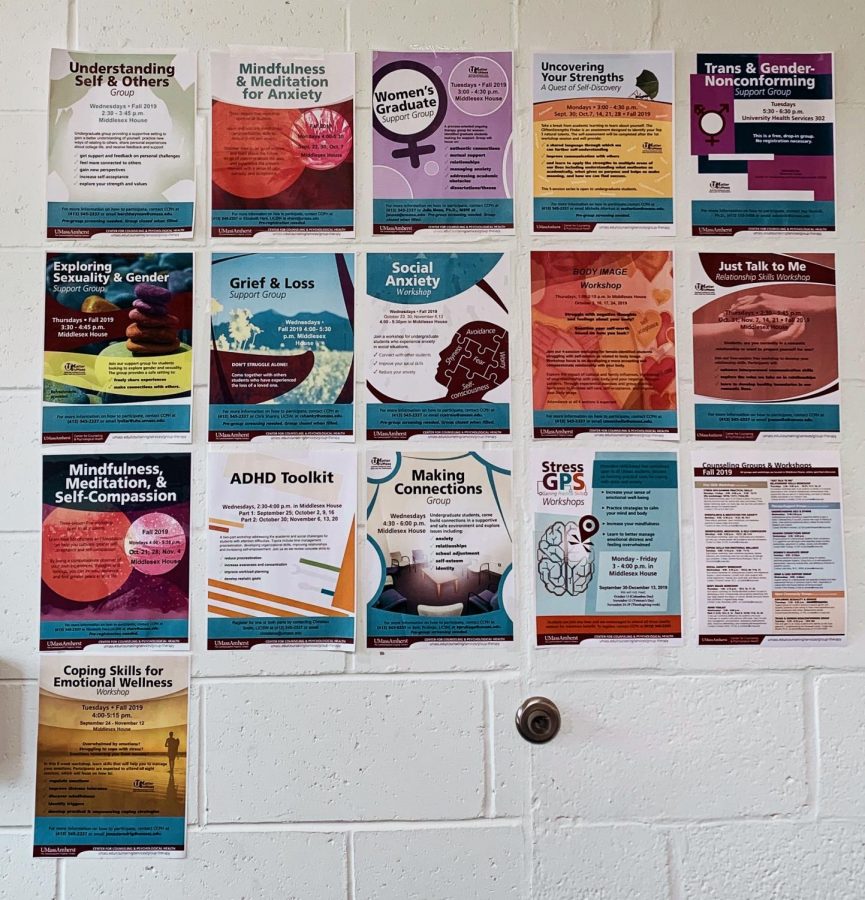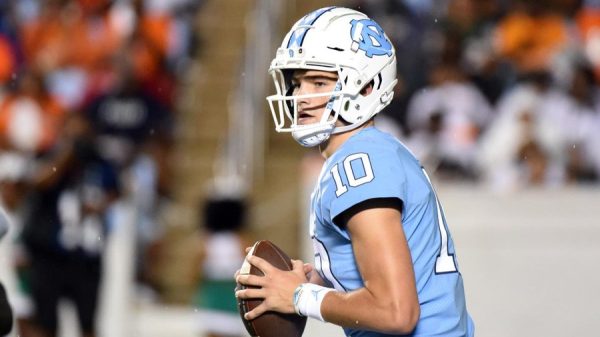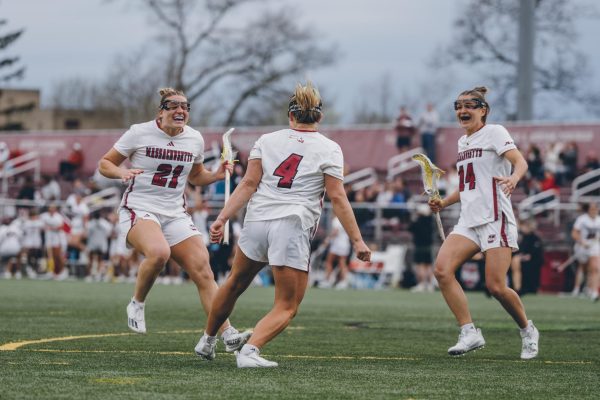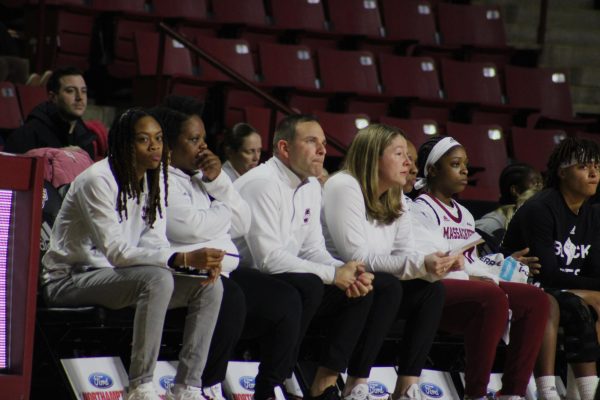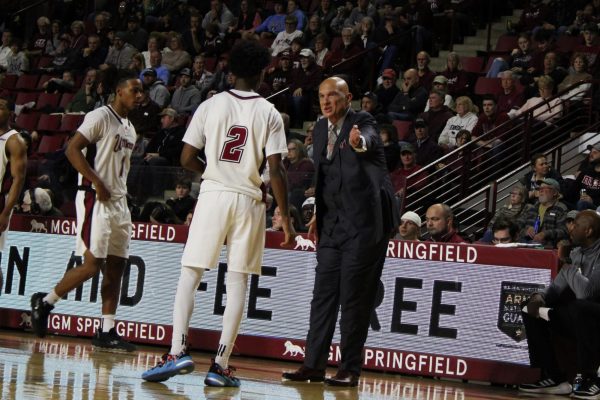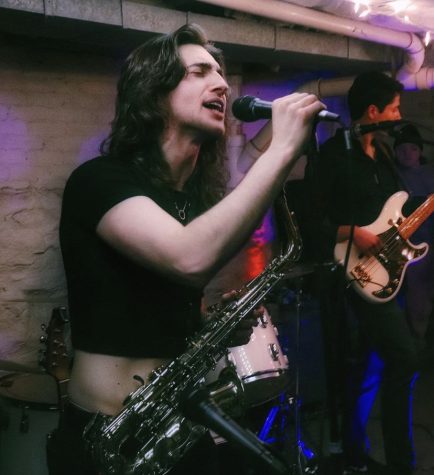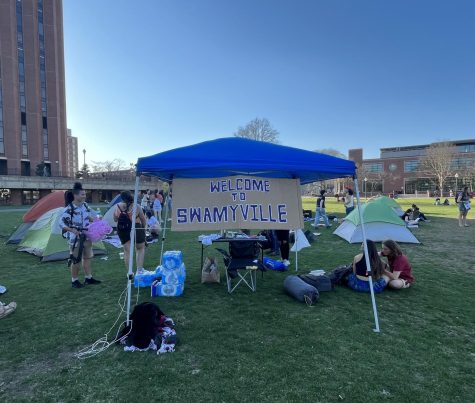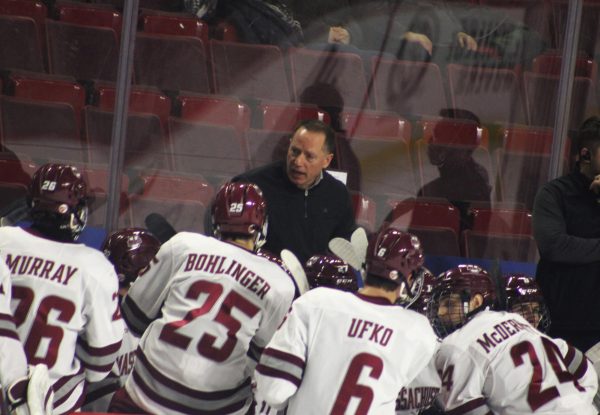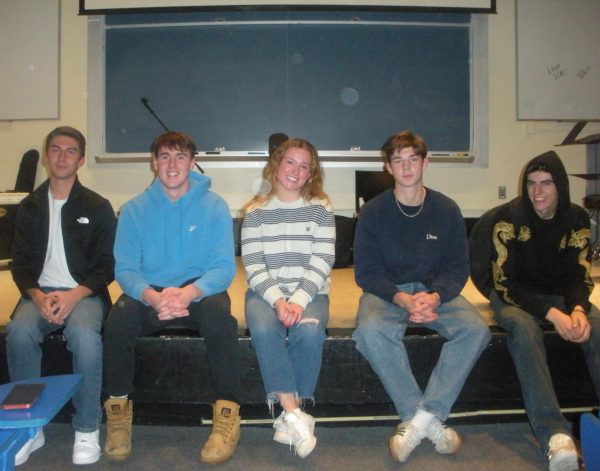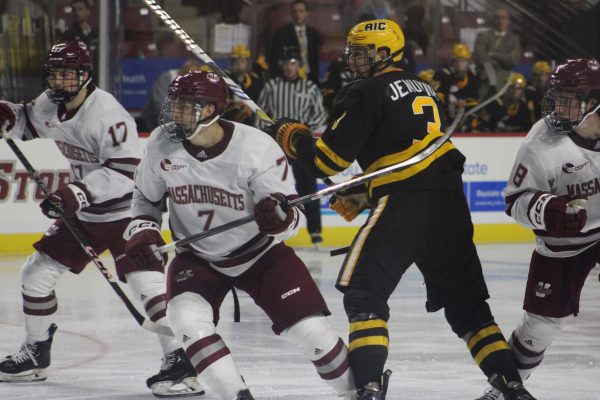How UMass is changing the conversation around mental health
Balancing the pressures of homework, research papers, projects and outside activities with finding time for friends and family can make a student feel as if they are sinking, with no end in sight.
Kaitlin McCarthy, a recent graduate, utilized the Center for Counseling and Psychological Health when she first arrived to UMass Amherst, after transferring from Endicott College.
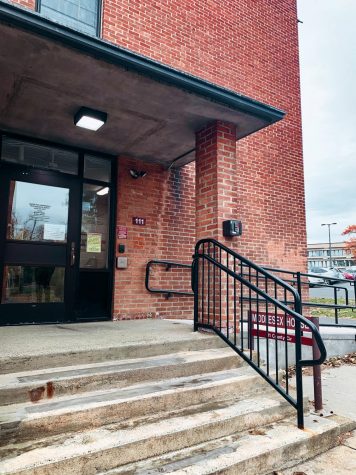
After transferring to UMass, McCarthy felt overwhelmed by classes and transitioning to a new university and as a result, had a breakdown during one of her classes.
“I was sitting in my biology class on the first Friday of the fall semester when tears started to run down my face. I couldn’t stop them, so I left that class and called my mom. She told me everything would be fine and that I should go to the counseling center,” she said. “When I got there, they could clearly see that I was upset. They handed me a survey and I was seen right away. Because of their quick action I stayed at UMass and finished my bachelor’s in December 2018. Without their help, I don’t think I could have done it.”
Another student who has utilized CCPH is Isabel Henn, a junior who is double majoring in arts education and French. Henn learned about CCPH during New Student Orientation and decided to visit them during her sophomore year.
“I saw them because of academic and family issues,” Henn said. “A lot of things I talked about weren’t school-related.”
Henn only had five sessions, but that was because it was the end of the semester. However, the staff encouraged her to follow up with counseling when she returned home for the summer. Currently, she is not following up with CCPH because she feels strong enough, for now, to handle the stresses on her own but knows she can return if needed.
Melissa Rotkiewicz Psy. D, Interim Director of CCPH said that UMass is working diligently to meet students’ needs for mental guidance and resources. Among the many resources and workshops offered, UMass students have a variety of ways to reach out for help.
Students have many different points of entry to receive care from CCPH, the most common being a phone call asking for an appointment. From there, a 10-15 minute triage phone call is scheduled, usually within a two-three day period at most.
The triage process was “pretty swift,” Henn said.
The triage process helps the clinician determine the students’ level of need and the urgency of the situation. If during this process it is deemed that a student’s case is an emergency, processes can be altered so a student can be seen sooner. If there is a call to start the process and there is urgency, this call negates the need for a triage appointment.
However, in many cases, students have to wait several weeks to be seen, which is due to a large number of students who are in need of mental health care. In Henn’s case, the wait for an appointment was between 1-2 weeks, which she said was a wait that fit her needs.
“In 2016, there were 3,221 students in need of care. However, in 2017, that number rose to 3,539 and in 2018 another influx brought the grand total to 3,622,” said Mary Detloff, deputy director of News and Media Relations for UMass Amherst.
UMass is working to overcome these odds by adding additional resources that students can utilize if needs cannot be met my CCPH.
One of these resources is iHope, which is a HIPPA compliant mode of internet video chat that connects students with a licensed clinician. These visits can take place in the privacy of the patient’s home and providers can offer weekly visits that CCPH may not have the capacity for. iHope is a valuable solution for students looking for long-term care that is billable to most insurances. Although iHope “is not a well-recognized resource in this area, it is well-used and widely known in the Boston area, and in Boston colleges,” said Rotkiewicz.
Every year, mental health affects thousands of UMass students who often fear being stigmatized and feel the need to hide in silence. Which can be a reasonable reaction.
UMass has effective resources that start with referrals and recommendations from CCPH. The staff truly embodies the calming reassurance that is needed in times when students feel overwhelmed, stressed and like the world is crumbling around them.
Due to the increase in their budget, additional resources are being made available. The 2018 fiscal year budget was $3,921,571, which rose to $5,858,495 for fiscal year 2019. Their staff includes:
- Four full-time psychiatrists
- 1 ½ time (.5 full-time equivalent, or FTE) psychiatric nurse practitioner
- Seven full-time psychologists
- 1 ½ time (.5 FTE) psychologist
- 12 full-time social workers
- 2 ½ time social workers (.5 FTE x 2 = 1.0 FTE)
Mental illness affects all students regardless of race, gender or socioeconomic status. As a community, students, faculty and staff can eliminate the stigma by being more open-minded and less quick to judge students who ask for help. It is only through talking openly about mental health that we can start to better understand it.
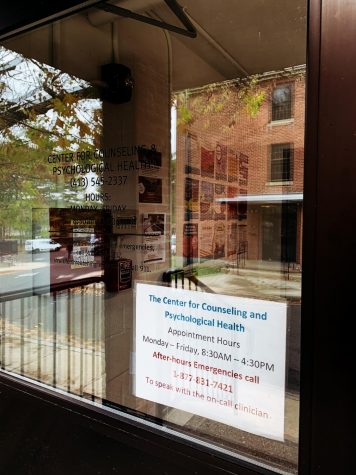
If you need help, you can call CCPH at 413-545-2337.
On weekdays after 4:30 p.m., weekends and holidays, you can call the Protocall Crisis Line at (877) 831-7421 to speak with a clinician.
Emergency services are available 24/7 every day.

